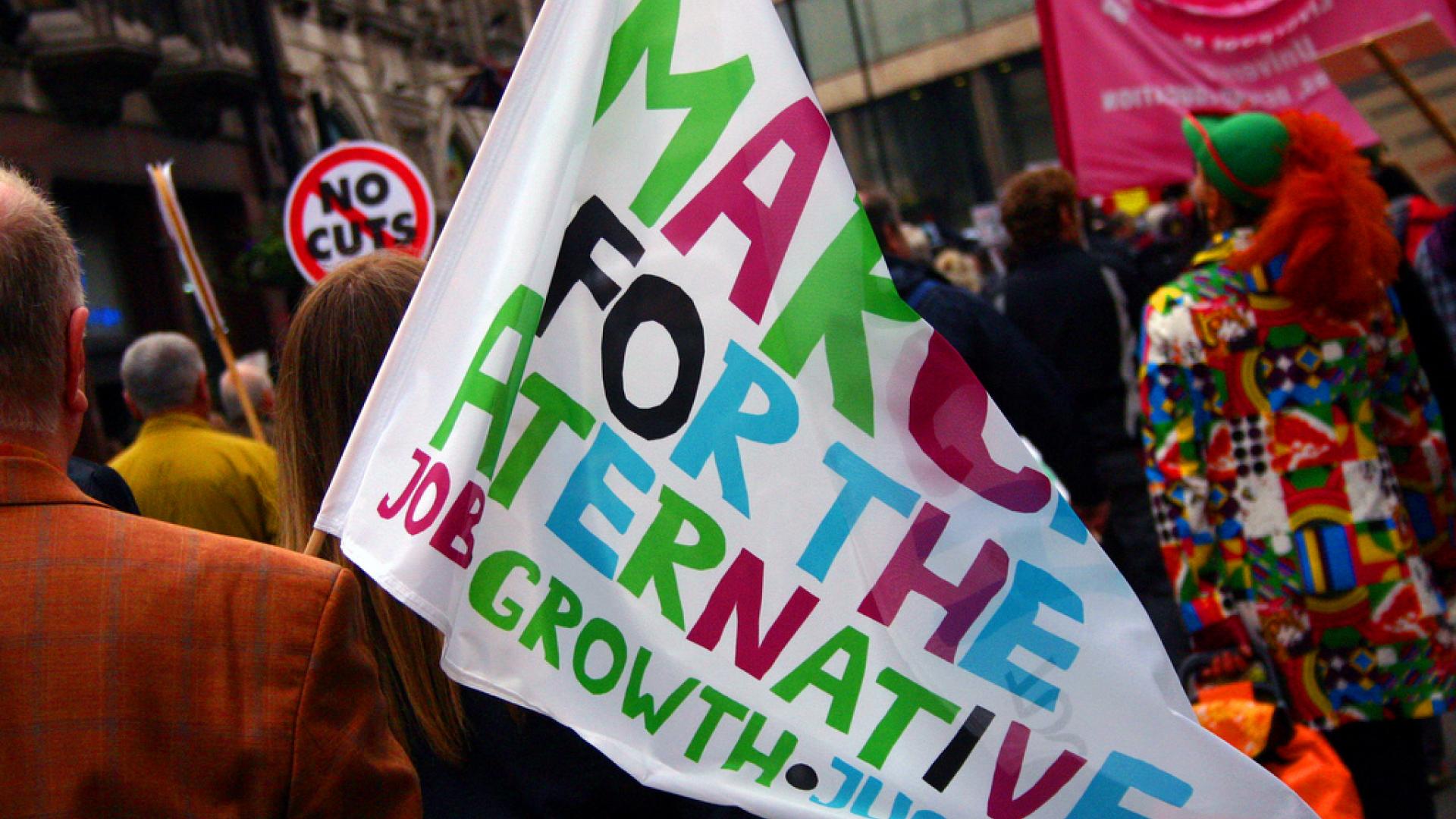Working with our Charity Parliamentary Monitor, I’ve been struck by just how much harder it has become for charities to get through to MPs since the 2010 general election. With issues surrounding the economy dominating the agenda and a deluge of legislation and policies, not to mention the internal battles among the coalition parties, many charities are struggling to be heard. But how did this happen? And what can charities do about it?
Trying to understand why this might be leads to a wider look at the health of the political system in the UK and what we see is frankly frightening. Charities aren’t the only ones struggling to get through to Westminster. The vast majority of the public are also feeling that they have little or no voice in national politics. The
Hansard Society’s Audit of Political Engagement 9 shows that only 12% of the population feel they have at least some influence over national decision-making.
Perhaps as a result, large sections of the public in the UK are disengaging with politics to a larger extent than before. Not even half (48%) would be sure to vote in the next general election. This is the lowest inclination to vote that the Hansard Society has ever recorded. For the first time since the Hansard Society began measuring interest in politics in 2004, less than half of the public (42%) now say they are ‘very’ or ‘fairly’ interested. This is a dramatic drop of 16% on last year. Unsurprisingly, it is Labour and Liberal Democrat supporters who are losing interest the fastest.
An even more fundamental reason for concern should be that less than a quarter of the public thinks the system of governing works reasonably well (2% extremely well and 22% mainly well). Again, there has been a downward trend since 2004, with decreasing trust in the system of governing and a particularly big drop in the last year.
The first thing I find striking, having only lived in the UK for 5 years, is how accepted it is that political engagement is low here. Compared with other countries in Northern and Western Europe, the UK stands out. In the
Eurobarometer, which asks about trust in institutions, only 21% of Brits say they tend to trust the government and 23% parliament in 2012. In contrast, Scandinavian countries top the trust table. In Sweden, where I grew up, 70% said they tend to trust the parliament and 58% the government. So then, low and declining levels of trust and political engagement are not an inevitable part of Western European societies.
The second fact of British political life that keeps baffling me is how unrepresentative the parliament and government is of Britain’s diverse population. White men of a similar socio-economic background still take up the vast majority of seats;
there are five men for every woman in the House of Commons. And this matters for women’s political engagement. Three fifths of women in the UK do not find the current government representative of them, according to a study by
Kantar.
It is the groups that are most underrepresented in parliament that have lost most trust in the system of governing since 2011: women, Black and Minority Ethnic and C2DE social grades . The Hansard Society says the evaluation of the system of government tends to mirror the evaluation of the current government. As the
Fawcett Society shows, government spending cuts are increasing women’s economic inequality. Therefore, it is perhaps unsurprising that women are further disengaging with both the government and, by implication, the political system.
These fundamental issues built into the British political system are not going to change overnight, although campaigns such as
Counting Women In are doing their bit. But any charity involved in political campaigning has the potential and, frankly, the responsibility to do what they can to encourage their supporters to engage with politics. We know that MPs listen to charity campaigns more when their constituents get involved, so charities’ political campaigns benefit from people's engagement too.
But the form of engagement matters as well. Interactive campaigns, such as those driven by Avaaz and 38 Degrees, continue to grow. Perhaps bringing supporters as the human faces of campaigns whose goals and methods are pre-determined by charities is becoming too limited and instead, more creative, interactive forms of getting supporters engaged with politics could be unleashed. Charities could play a particularly important role in assisting those groups that are not well represented at Westminster to at least be heard through campaigns, consultations and contact with their MPs in the constituencies.
Elin Lindström
Does this rally you? Or are you disengaged with the view? Leave us a comment below.

